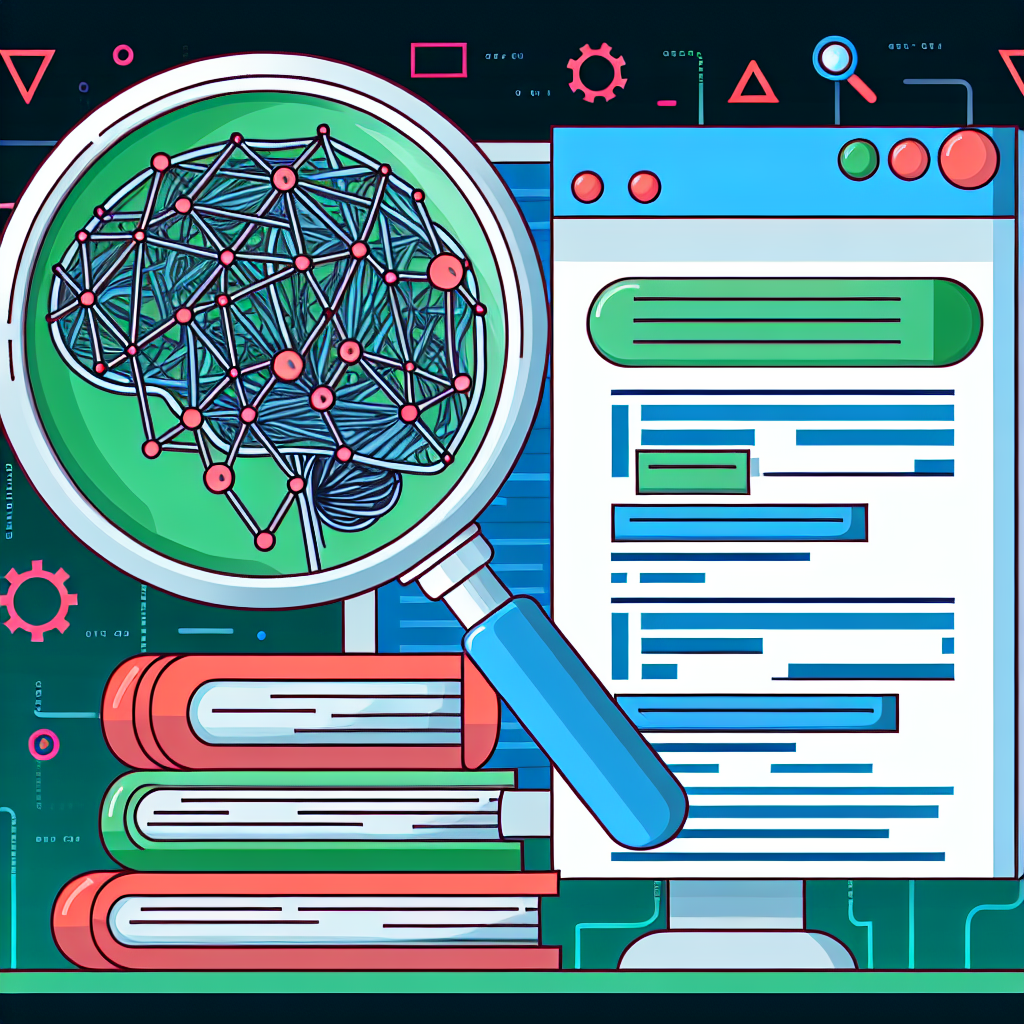The Future of Enterprise SEO: Trends, Strategies, and AI-Driven Optimization
Introduction
In an increasingly digital-first business landscape, enterprise-level SEO has evolved beyond traditional keyword and backlink strategies. Today’s leading organizations recognize that robust search engine optimization is a cornerstone of business growth—impacting brand authority, lead generation, and revenue. As search engines continuously refine their algorithms, enterprises must adopt scalable, data-driven SEO tactics that integrate artificial intelligence, automation, and content experience refinements.
For C-suite executives and marketing leaders, staying ahead of SEO trends is not just about visibility—it’s a competitive necessity. Google’s core updates, user-first indexing, and AI-driven ranking methodologies are reshaping how brands approach search marketing. McKinsey reports that businesses investing in advanced digital strategies, including AI-powered SEO, see up to a 20% increase in efficiency and revenue growth.
Moreover, AI models like Google’s Search Generative Experience (SGE) signal a future where organic search becomes more conversational, nuanced, and intent-focused. Enterprises need to align with this shift by incorporating machine learning-based analytics, semantic search optimization, and predictive content strategies.
Beyond AI, zero-click searches, knowledge graph enhancements, and core web vitals continue to shape website performance expectations. For enterprise leaders, this means redefining organic success beyond traffic—not just clicks, but engagement, conversions, and brand authority.
This article explores the emerging trends shaping enterprise SEO, the role of artificial intelligence, and strategic frameworks that C-suite executives should incorporate into their digital roadmaps. With search personalization, voice search, and automation-driven optimization taking center stage, adapting to these innovations is critical for maintaining market dominance.
The Role of AI and Machine Learning in Enterprise SEO
Artificial intelligence (AI) is redefining search algorithms, reshaping how engines interpret and rank content. A 2023 study by Gartner predicts that organizations leveraging AI to enhance digital commerce will see a 25% increase in customer satisfaction. AI impacts SEO across multiple fronts—automated content creation, predictive analytics, and natural language generation (NLG) for intent-driven optimization.
Natural language processing (NLP), embedded in Google’s BERT and MUM algorithms, ensures search engines understand query context. This capability requires enterprises to craft comprehensive, intent-aligned content rather than stuffing pages with keywords. Research from Stanford University confirms that NLP-powered content yields higher engagement and resonance with user queries.
Search Generative Experience (SGE): The Future of Search
Google’s Search Generative Experience represents a paradigm shift where AI-generated responses provide contextual search query results before users click through to a website. A report by Search Engine Journal highlights that SGE could decrease organic CTR, urging brands to optimize for featured snippets and structured data.
Enterprises investing in structured data markup, interactive content, and conversational AI will secure visibility in a landscape where AI-driven snippets dominate the SERP. This requires brands to leverage FAQ schema, knowledge graphs, and AI-driven insights to align with evolving search intent.
Zero-Click Searches: How to Stay Visible in a Traffic-Loss World
According to a study by SparkToro, nearly 65% of Google searches in 2023 resulted in zero clicks. With an increasing emphasis on providing answers directly within search results, C-suite leaders must adopt SEO strategies that embrace brand awareness beyond organic clicks.
This includes optimizing Google My Business for local search impact, leveraging video content on Google Discover, and strengthening domain authority via valuable digital PR campaigns. Marketers must also focus on long-tail search queries and user-driven metrics, ensuring their content adds value even when direct click-through rates decline.
Core Web Vitals: Why User Experience Dictates SEO Success
Google’s emphasis on Core Web Vitals—page speed, interactivity, and visual stability—has made site performance a ranking determinant. An enterprise study by Backlinko found that pages with optimized Web Vitals experienced a 70% increase in keyword rankings.
For business leaders, this demands an overhaul of website architecture with a focus on UX and site responsiveness. Implementing progressive web apps (PWAs), reducing JavaScript bloat, and streamlining mobile performance are pivotal for sustaining rankings in an era where user experience dictates SEO success.
The Rise of Voice Search and Conversational AI
As voice search adoption accelerates—with over 50% of U.S. households using smart speakers—optimizing for conversational SEO is imperative for enterprises.
Voice search prioritizes featured snippets, natural language queries, and question-based optimization. This presents an opportunity for brands to localize content, enhance mobile accessibility, and tailor responses based on user intent. AI-powered chatbots and seamless integrations with voice assistants will further amplify brand presence in voice search ecosystems.
Conclusion: Future-Proofing Your Enterprise SEO Strategy
As enterprise SEO shifts from static keyword targeting to dynamic, AI-driven optimization, C-suite marketing professionals must adopt agile strategies that align with evolving search behaviors. The fusion of AI, zero-click experiences, and intent-based content personalization represents the next frontier of search dominance.
Organizations that leverage machine learning for content optimization, refine Core Web Vitals, and embrace conversational search methodologies will secure competitive advantages. The future of enterprise SEO lies not in ranking alone, but in delivering unparalleled digital experiences powered by technology, data, and user-centricity.
Summary:
Enterprise SEO has evolved beyond traditional tactics, with artificial intelligence, automation, and user-centric content strategies taking center stage. C-suite leaders must adopt agile SEO frameworks that leverage machine learning, voice search optimization, and enhanced user experiences to maintain market dominance in the digital landscape.
References:
– [McKinsey & Company – The Future of AI-Driven Digital Marketing](https://www.mckinsey.com/business-functions/mckinsey-digital/our-insights/the-future-of-ai-driven-digital-marketing)
– [Gartner – AI Impact on Digital Commerce](https://www.gartner.com/en/insights/artificial-intelligence)
– [Stanford University – NLP in AI and SEO](https://nlp.stanford.edu/)
– [Search Engine Journal – Google’s Search Generative Experience](https://www.searchenginejournal.com/googles-search-generative-experience-and-the-future-of-seo/)
– [SEMrush – Zero-Click Searches](https://www.semrush.com/blog/zero-click-searches/)
– [SparkToro – Google Zero-Click Searches Report](https://sparktoro.com/blog/google-zero-click-searches-what-a-new-data-set-tells-us-about-activity-in-2023/)
– [Backlinko – Core Web Vitals SEO Study](https://backlinko.com/google-core-web-vitals-study)
– [Pew Research – Voice Search Adoption](https://www.pewresearch.org/fact-tank/2022/voice-search-usage-statistics/)

Dominic E. is a passionate filmmaker navigating the exciting intersection of art and science. By day, he delves into the complexities of the human body as a full-time medical writer, meticulously translating intricate medical concepts into accessible and engaging narratives. By night, he explores the boundless realm of cinematic storytelling, crafting narratives that evoke emotion and challenge perspectives.
Film Student and Full-time Medical Writer for ContentVendor.com
